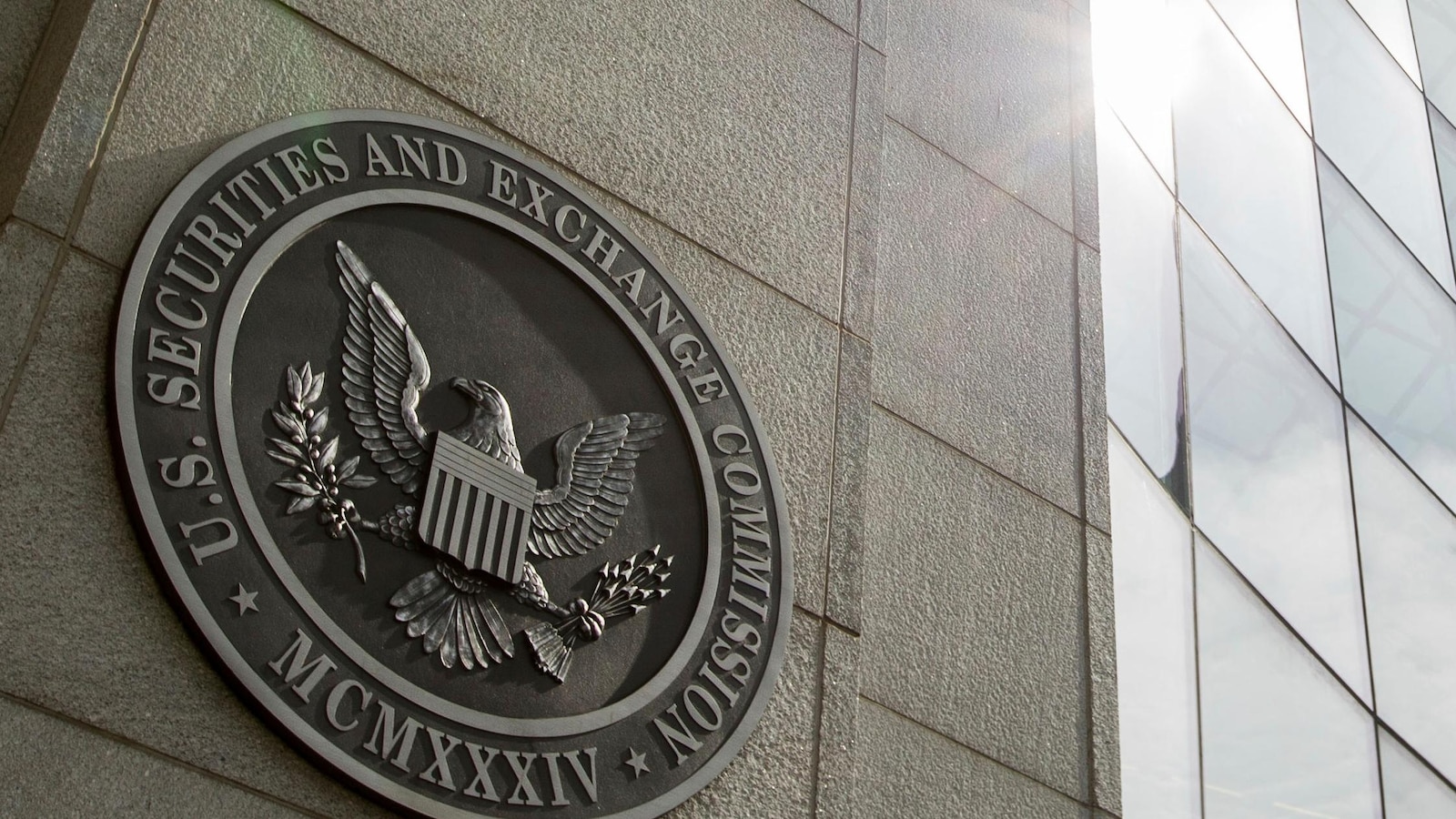







NEW YORK — U.S. regulators are soon expected to decide whether to approve the first bitcoin exchange-traded fund, a development that could thrust the once niche and nerdy corner of the internet even further into the financial mainstream.
The regulatory greenlight has been anticipated for several months and the price of bitcoin has jumped about 70% since October.
In a twist perhaps appropriate for the unpredictable crypto industry, a fake tweet from the Securities and Exchange Commission’s account on X Tuesday stated that trading of bitcoin ETFs had been approved.
It had not.
The price of bitcoin swung higher, and then sank when the SEC said no approval had been granted and its account had been hacked.
Here are some things to know about bitcoin ETFs.
WHY ALL THE EXCITEMENT OVER A BITCOIN ETF?
An exchange traded fund, or ETF, is an easy way to invest in something or a group of things, like gold or junk bonds, without having to buy the things themselves. Unlike traditional mutual funds, ETFs trade like stocks, which means they can be bought and sold throughout the day.
Since the inception of bitcoin, anyone wanting to own one would have to buy it. That in turn would mean either having to learn what a cold wallet is or having to open an account at a crypto trading platform like Coinbase or Binance.
A spot bitcoin ETF could open the door to many new investors who don’t want to take such extra steps.
The price of bitcoin has already soared in anticipation of the SEC’s approval, with bitcoin trading at $45,280 Wednesday, up from around $27,000 in mid-October. The price had sunk as low as $16,000 in November of 2022 following the bankruptcy of the crypto exchange FTX.
HOW WOULD THE ETF WORK?
The Bitcoin Strategy ETF (BITO) has already been trading since 2021, but it holds futures related to bitcoin, not the cryptocurrency itself.
The new bitcoin ETF will perform like the SPDR Gold Shares ETF (GLD), which allows anyone to invest in gold without having to find someplace to store a bar or having to protect it. It’s the same reason some people invest in the SPDR Bloomberg High Yield Bond ETF (JNK), which lets investors simply buy one thing instead of the more than 1,000 low-quality bonds that make up the index.
HOW MANY BITCOIN ETFS COULD THERE BE?
The SEC has received applications for 11 bitcoin ETFs. The deadline to approve the application from a joint venture including Ark Investments is Wednesday, but the agency could conceivably approve or reject all 11 on the same day, or take action that’s somewhere in the middle.
WHAT ARE THE DISADVANTAGES OF AN ETF?
Longtime crypto fans might object. Cryptocurrencies like bitcoin were created in part due to mistrust of the traditional financial system. Wall Street would become an intermediary between investors and cryptocurrency in the case of ETFs.
ETFs also charge fees, though they tend to be relatively low compared with the overall financial industry. These fees are shown through what’s called the expense ratio, which indicates how much of a fund’s assets the ETF will take each year to cover its costs.
WHEN IS IT BETTER TO HOLD ACTUAL BITCOIN?
An ETF will not put actual cryptocurrency into investors’ accounts, meaning that they cannot use it. Also, an ETF would not provide investors with the same anonymity that crypto does, one of the big draws for many crypto investors.

